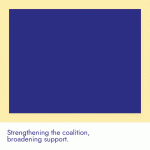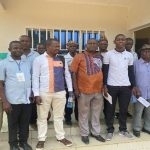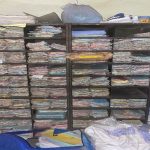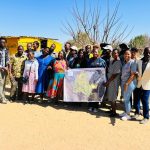 UN-Habitat and the Centre for Land Tenure Studies at the Norwegian University of Life Sciences (UMB) and UN-Habitat recently held a workshop on “Youth, Gender and Land Rights: Global Initiatives and Local Actions”
UN-Habitat and the Centre for Land Tenure Studies at the Norwegian University of Life Sciences (UMB) and UN-Habitat recently held a workshop on “Youth, Gender and Land Rights: Global Initiatives and Local Actions”
The Norwegian University of Life Sciences (UMB) and UN Habitat have had a long standing partnership developing a knowledge base for tool development that addresses gender inequalities and youth dimensions to the pro poor land processes in Africa. The workshop in Oslo was held to highlight global initiatives and local actions for youth, gender equality and land rights.
The workshop brought together 30 participants from research institutions, civil society, UN and Norwegian Ministries. UN-Habitat presented on the global land and tenure security challenges and the responses that Global Land Tool Network is developing through pro-poor gender sensitive land tools that also are responsive to youth needs. At the center of the responses is the acknowledgement that there is no one tenure form that can provide security of tenure for all groups of a society, and that a continuum of land rights is needed.
In developing countries, conventional ways to manage and administer land have a history of failing to deliver what is expected of them, that is, secure tenure, fairness and broad coverage at a price that is affordable for both landholders and governments. Existing technical solutions are too expensive, they are inappropriate for the range of tenure found in developing countries, they are financially unsustainable, and they are unfeasible given the available capacity to manage them. At the same time, the need for workable systems to manage and administer land is now greater than ever, with new challenges being added to the problems that already exist.
Photo by: Toril Iren
Check out the following links for more on this story






